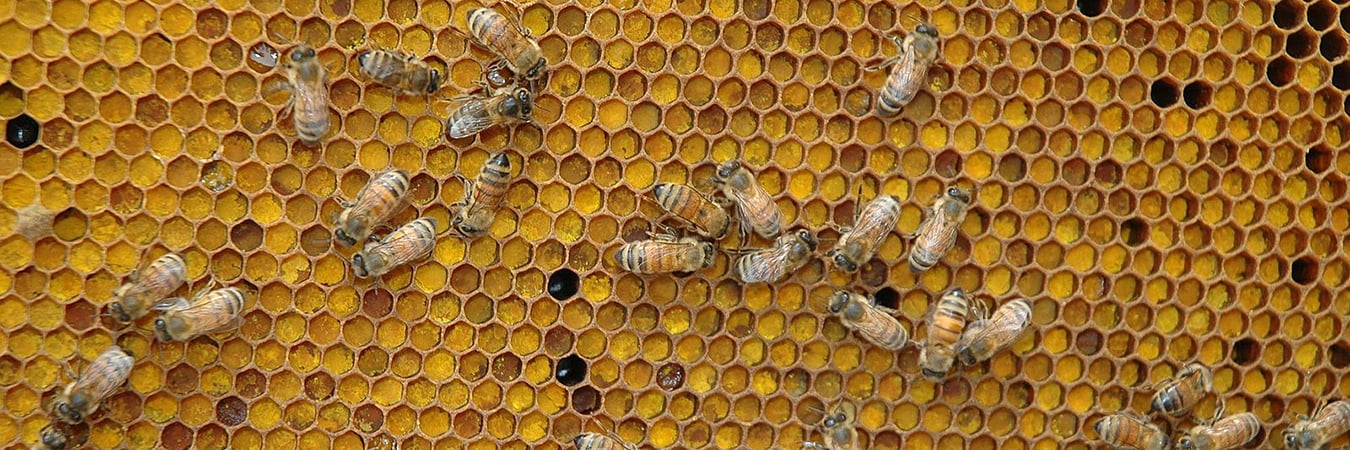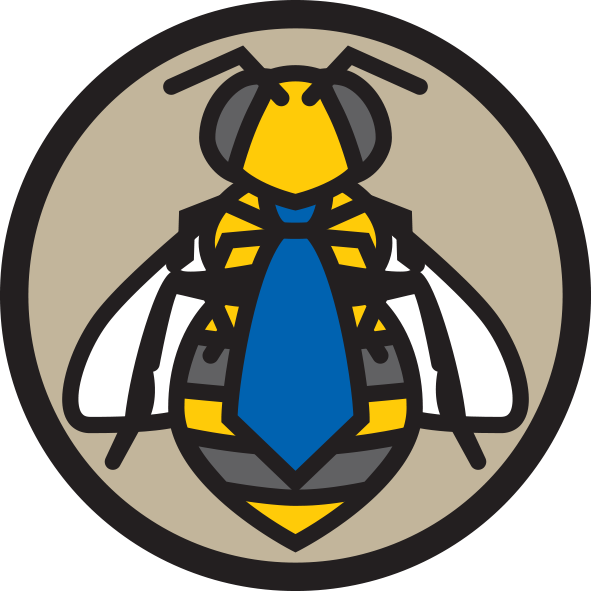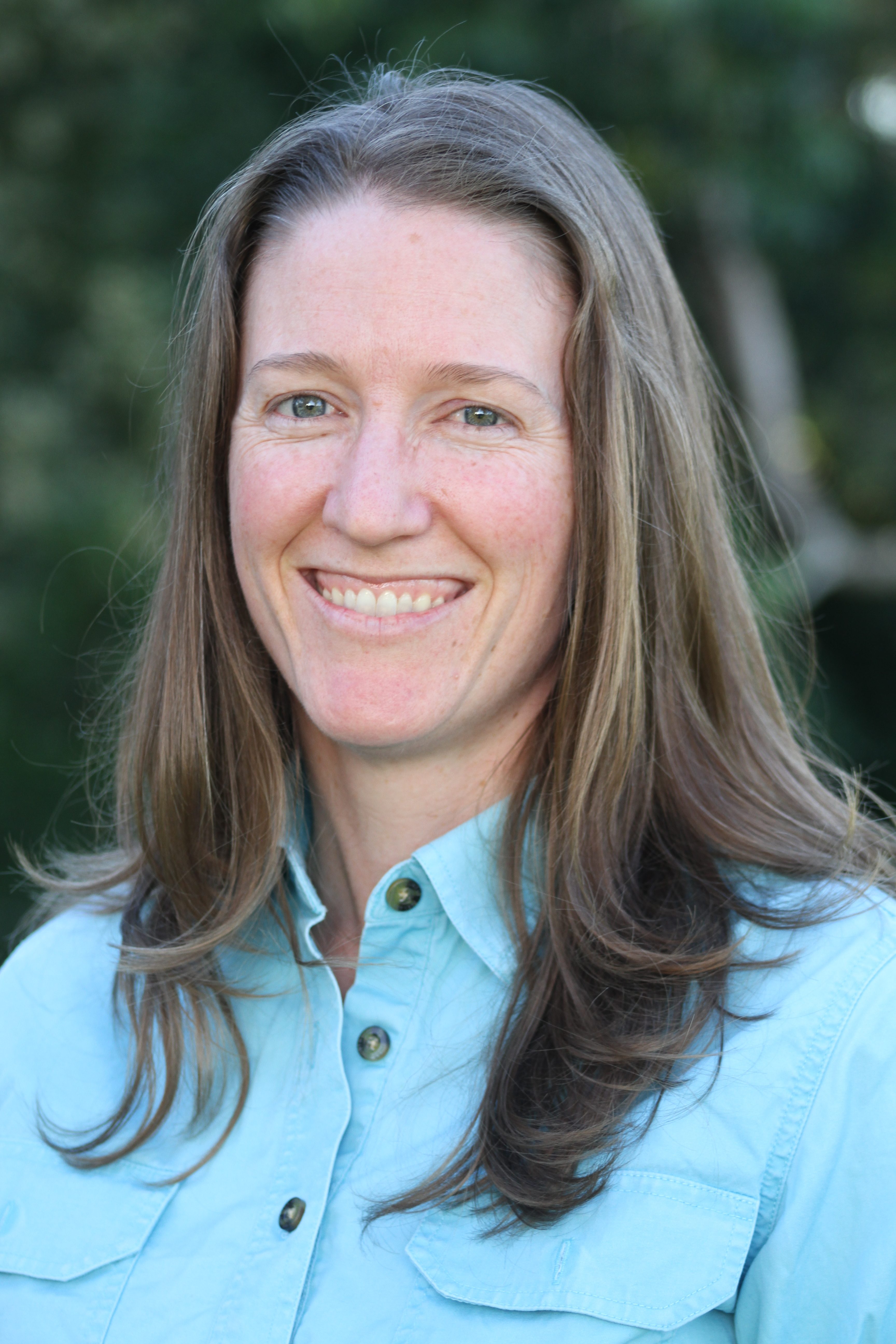
Honey bee populations have declined in many parts of the globe, with pests and diseases being a major cause. An Agrifutures Australia project, led by John Roberts at CSIRO, recently investigated the effects of nutrition in autumn on colony pathogen loads of Nosema, Black queen cell virus and Sacbrood virus in late winter in South Australia.
Previous work has shown that feeding pollen supplements during winter may increase levels of Nosema in colonies, and that the species of forage available in winter may influence Nosema levels. Therefore, current recommendations are to give colonies good pollen access in autumn to support overwintering and reduce Nosema infection levels.
The current study aimed to test this recommendation by feeding 900g of pollen to experimental colonies over 8 weeks in 2016, and 2.4kg over 10 weeks in 2017. Control colonies were not supplemented. Colonies were either placed at flowering sites considered to have either low or high natural pollen forage available. Colonies were assessed for population size, spore counts of Nosema, and genetic techniques were used to quantify levels of Nosema apis, Nosema. ceranae Black queen cell virus and Sacbrood virus.
Their findings were that providing colonies with supplementary pollen in autumn had no significant effect on colony size or infection levels in August. However, there were significant effects from the available pollen at different sites. Colonies placed at high pollen sites in autumn went into winter with higher bee populations in 2017; they had lower incidence of Nosema in August 2017 and lower infection levels of Nosema in August of both years. There was no effect of pollen treatment or pollen-forage availability on the prevalence of either Black queen cell virus or Sacbrood virus.
Ensuring that honey bee colonies have access to high quality pollen in autumn is important for ensuring colony health to meet almond pollination contracts in late winter. This study indicated that good pollen access for colonies in autumn may reduce Nosema infection in late winter, but failed to demonstrate this effect using supplementary pollen. Pollen supplements are still an important tool for supporting hive nutrition, but how they affect disease levels needs further research. For more on the importance of nutrition for bee health please read Fat Bees Skinny Bees.
Acknowledgements:
- J Roberts, J Armstrong (2018) Reducing the impact of nosema and viruses through improved honey bee nutrition. AgriFutures Australia publication 18-079, Canberra, Australia
- This article was written by Nadine Chapman and reviewed by John Roberts and Diana Lemon.

